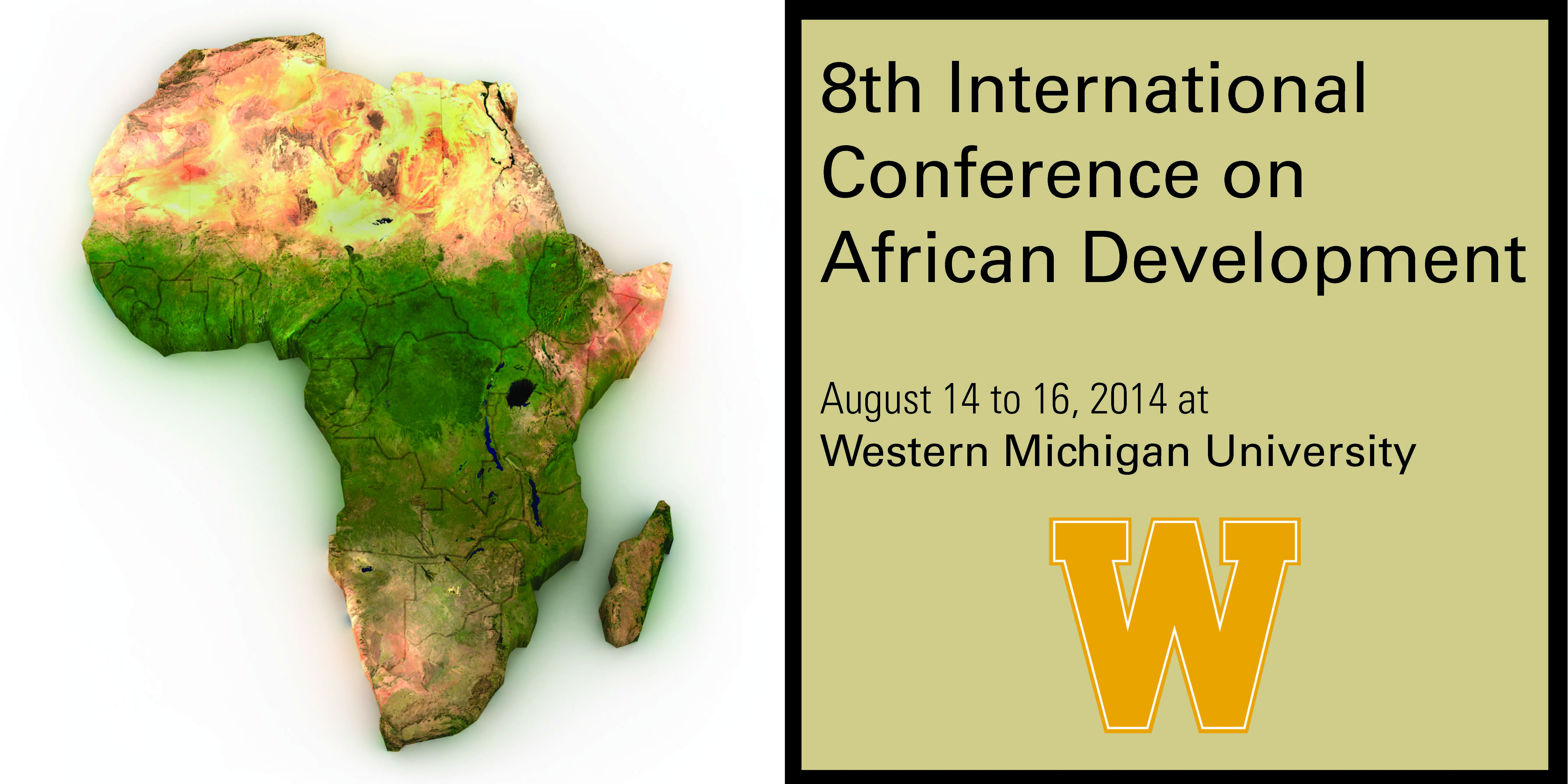
Presenter's country
Burkina
Start Date
15-8-2014 10:45 AM
End Date
15-8-2014 12:15 PM
Submission type
Presentation
Abstract
Africa is one of the world regions whose development potentials are particularly important. But despite this situation, Africa is one of the continents where poverty exists on a large scale. More than 44 % of the African population lives below the poverty line. Yet, various forms of development strategies have been designed and implemented in the African countries. In 1992, in its publication Governance and Development, the World Bank refers to the quality of government as the cause of the failure of several of these strategies. Attention is henceforth focused on how governments organize the management of state and govern economic activities. The place and the role of institutions in development have been widely discussed in economic literature. It is commonly accepted that the existence of strong and clear rules is a fundamental basis for economic activity. In particular, there is an increasingly agreement on the idea that, in order to stimulate private investment, it is necessary to stabilize the business environment. The aim of this paper is to analyze the relation between governance and investment in Sub Saharan Africa. In particular, we study how private investment is affected by regulatory and judiciary systems, political stability, macroeconomic conditions and corruption. The word Bank governance indicators and the Doing Business data along with data from the International Country Risk Guide, will be used to perform a panel data analysis.
Keywords
Governance, business environment, investment
Included in
Governance and Private Investment in Africa
Africa is one of the world regions whose development potentials are particularly important. But despite this situation, Africa is one of the continents where poverty exists on a large scale. More than 44 % of the African population lives below the poverty line. Yet, various forms of development strategies have been designed and implemented in the African countries. In 1992, in its publication Governance and Development, the World Bank refers to the quality of government as the cause of the failure of several of these strategies. Attention is henceforth focused on how governments organize the management of state and govern economic activities. The place and the role of institutions in development have been widely discussed in economic literature. It is commonly accepted that the existence of strong and clear rules is a fundamental basis for economic activity. In particular, there is an increasingly agreement on the idea that, in order to stimulate private investment, it is necessary to stabilize the business environment. The aim of this paper is to analyze the relation between governance and investment in Sub Saharan Africa. In particular, we study how private investment is affected by regulatory and judiciary systems, political stability, macroeconomic conditions and corruption. The word Bank governance indicators and the Doing Business data along with data from the International Country Risk Guide, will be used to perform a panel data analysis.
